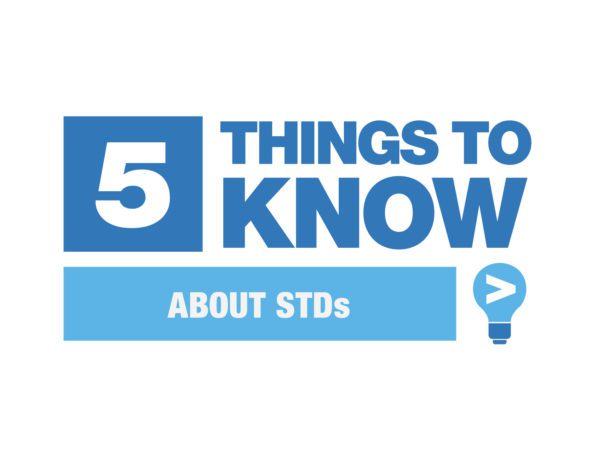HPV (Human Papillomavirus)
HPV is the most common STD. There are more than 150 different types of HPV. Many forms of HPV do not show any symptoms. Some cause genital warts. The HPV vaccine protects against certain types that are associated with genital warts and cervical cancer.
Find STD Testing Near You
Click on a question below to learn more about HPV.
- How do you get HPV?
- What is the HPV vaccine?
- What are the symptoms of HPV?
- What's involved in HPV testing?
- How do you treat HPV?
How do you get HPV?
About 40 types of HPV infect the genital area – the vulva, vagina, cervix, rectum, anus, penis, and scrotum – as well as the mouth and throat.
These kinds of HPV are transmitted from sexual skin-to-skin contact when the vulva, vagina, cervix, penis, or anus touches someone with HPV’s genitals or mouth and throat.
If you do not have HPV, the vaccine can help protect you from certain types, including those associated with cervical cancer. When used consistently and correctly, condoms help protect against HPV and many other STDs.
What is the HPV vaccine?
The HPV vaccine protects against certain types of HPV that can lead to cancer or genital warts. The HPV vaccine works extremely well. Clinical trials showed the HPV vaccine provides close to 100% protection against cervical precancers and genital warts.
The HPV vaccine is most effective during adolescence, when the body produces more antibodies against the virus. It is given in a series of shots.
What are the symptoms of HPV?
HPV, like most STDs, often does not show any symptoms.
Two types of HPV (6 and 11) can cause genital warts, which are harmless growths on the skin of the vulva, vagina, cervix, penis, scrotum, or anus. Genital warts look like fleshy, soft bumps that sometimes resemble miniature cauliflower. Usually painless, these can be treated and removed just like the warts you might get on your hands or feet.
What's involved in HPV testing?
Pap smears do not directly test for HPV, but can detect abnormal cell changes in the cervix of women that are likely caused by HPV and can lead to cancer. If abnormal cells are detected, a healthcare provider will advise on monitoring and treatment.
There is an HPV test that can find some high-risk types of the virus directly, but it may not be widely available. It may be provided as a follow-up to a Pap test that finds abnormal cells or when Pap test results are not clear.
For men, there is currently no test approved to detect high-risk HPV. By getting vaccinated against HPV, men can help to prevent transmission.
To find free and low-cost STD testing near you, go to greaterthan.org/services.
How do you treat HPV?
There is no cure for HPV. If you don't have HPV, the vaccine is the best defense against cancer caused by HPV, as well as genital warts. Regular pap smears for women are also critical to finding abnormal cell changes in the cervix early. Genital warts may be removed by a healthcare provider to prevent the spread of that type of HPV.
The information on this page is adapted from the CDC and Planned Parenthood.
Getting Tested
HIV and other STD testing is available at most doctor’s offices and health clinics. Many health departments also offer testing. It’s fast, easy and most people pay little or nothing.

